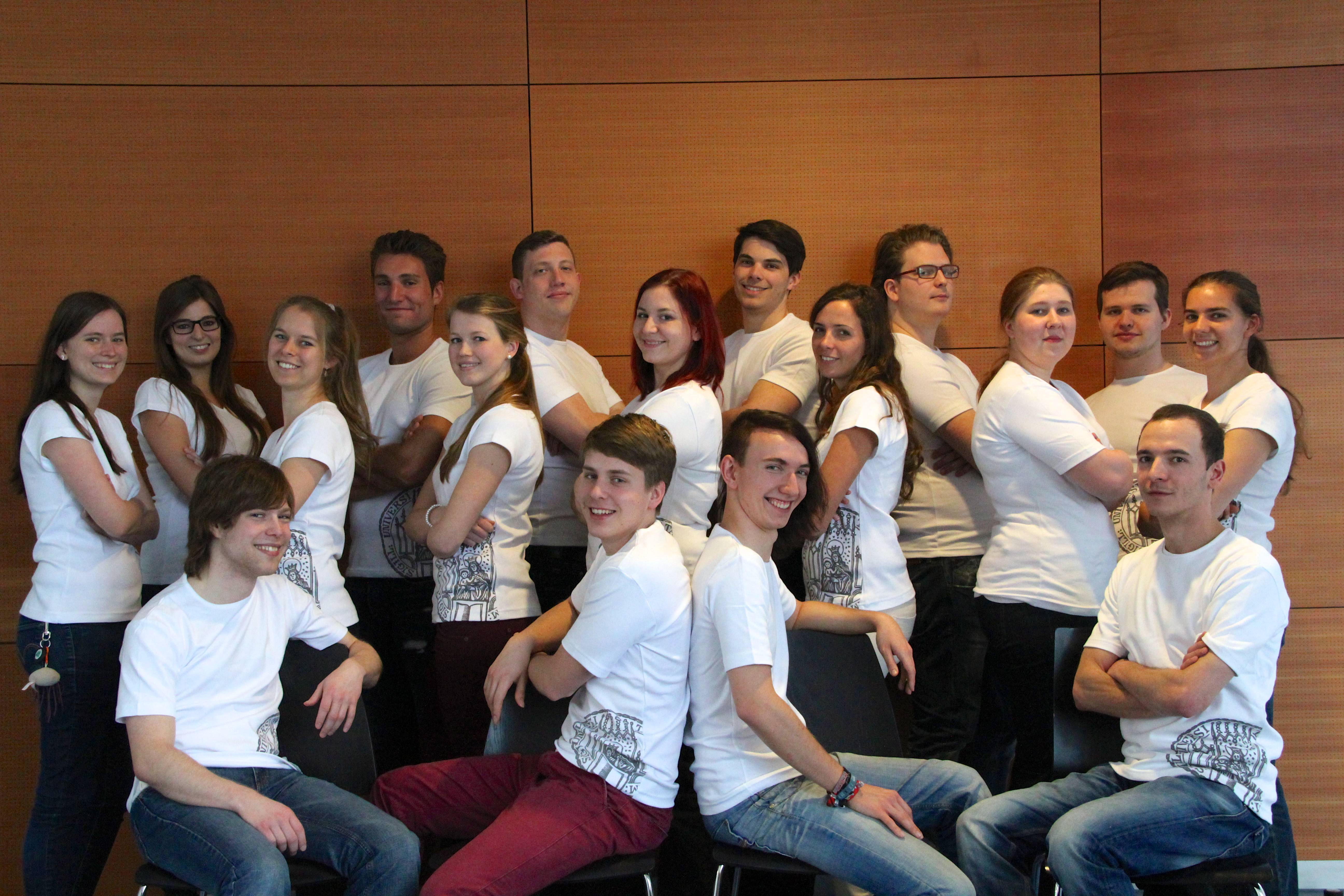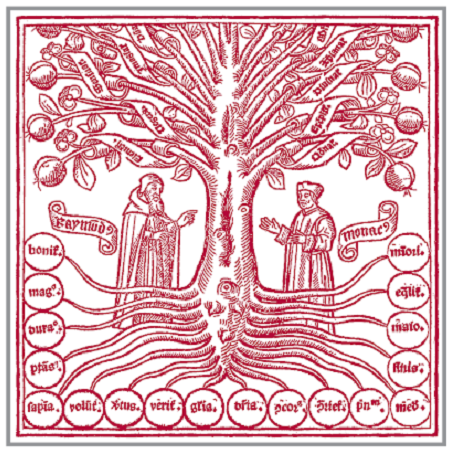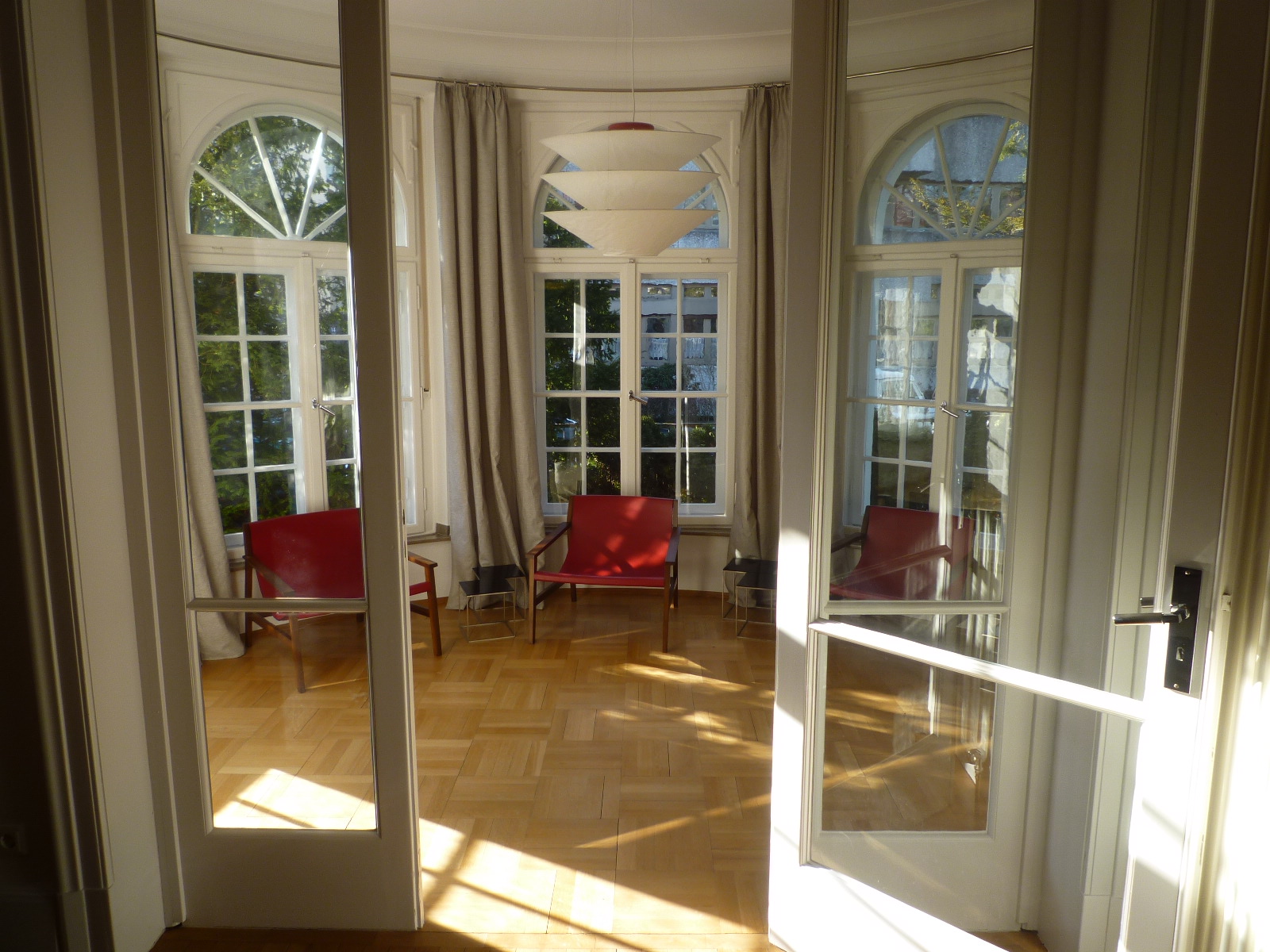Meetups:May LMU-Munich/About
From 2014.igem.org
Contents |
About
About Us
We are the iGEM team of the LMU Munich that will take part in this year’s iGEM competition. Our team consists of 15 highly motivated bachelor and master students in the fields of biology, biochemistry and informatics. Our team is advised by four experienced PhD students and also supported by Prof. Dr. Thorsten Mascher, who has a professorship for Synthetic Microbiology at the LMU.
About CASLMU
The "Center for Advanced Studies" at Ludwig-Maximilians-Universität München (LMU) is a forum for intensive interdisciplinary academic exchange. It promotes cooperation between outstanding researchers from various LMU departments and fosters participation of visiting scholars in research and academic life at LMU. In 2012 the LMU iGEM Team used the “Synthetic Biology Conference” hosted by the CASLMU at the LMU Bio-Center as a great opportunity to invite several national and international iGEM Teams. As you can see here the whole event has been a great success on both, scientific and social levels. This year, encouraged by CASLMU, we invited all national iGEM Teams to participate in an international workshop about “Synthetic-Biological Tools for Single Cell Analysis” taking place on Monday, May 26 in the CASLMU. Besides international and national scientific speakers e.g. Erez Braun (Haifa) or Roland Wedlich-Söldner (Münster) some iGEM Teams get the chance to present their project ideas and discuss them with the audience. For further information about the CASLMU workshop visit its Calendar of Events.
About our speakers
Prof. Dr. Friedrich Simmel (TU Munich)
Prof. Dr. Thorsten Mascher (LMU Munich)
- Diploma (Biology), University of Kaiserslautern, 1997
- Dr. rer.nat. (Microbiology), University of Kaiserslautern, 2001
- Postdoc (Microbiology), Cornell University, USA, 2002-2003
- Research Associate, University of Göttingen, 2004-2007
- Independent Research Group Leader, Karlsruhe Institute of Technology, 2008-2009
- Associate Professor for Synthetic Biology, Ludwig-Maximillians-University Munich, since 2009
Synthetic Biology as ‘Science by Analogy’: a Cautionary Systems Biology Perspective
- Synthetic Biology (SynBio) is often described and defined as putting “true” engineering into biology. It is always emphasized that this clearly distinguishes SynBio from e.g. genetic/metabolic ‘engineering’, which use this term in a rather metaphorical sense, at best. Accordingly, analogies to “building a car/ a radio” or electronic engineering are not only widely used when describing SynBio but also shape aspects of active research in the field, such as introducing Boolean logic gates into living systems. But one of the major limitations in truly engineering life lies in the inherent complexity of even the simplest microbial cell. Some aspects, such as the high degree of interconnectivity between cellular components can at least sometimes be overcome, given a sufficiently sound knowledge base. In contrast, other aspects of nature’s complexity, such as the noisy behavior of many biological processes, can usually not be circumvented without destabilizing the systems’ behavior. Cellular functions and reactions often involve very small numbers of molecules. Especially gene expression in individual cells is a discrete and inherently stochastic reaction, given that genes are present in only one to two copies per cell, and most mRNA species and regulator proteins are also present in very low numbers. Fluctuations in their numbers do not average away, but instead are amplified by transcriptional and translational bursts that get propagated over multiple cell cycles to also affect the behavior of daughter cells (epigenetic inheritance). The resulting noise is an unavoidable and fundamental aspect of nature’s complexity, which has been maintained and “used” during evolution. It stabilizes biological processes against external variations and also allows the development of phenotypic heterogeneity of isogenic microbial populations. The latter often occurs during cellular differentiation programs and can be interpreted as a means of “bet hedging” to prepare the population for alternative fates in an unpredictable and fluctuating environment. Hence, instead of attempting to “get rid of it” (T. Knight), which is ultimately doomed to failure, it is important to accept, embrace, and understand complexity, such as noise and heterogeneity, in order to successfully engineer novel circuits and expression modules. A detailed systems biology understanding of such behaviors is therefore a prerequisite for SynBio.
Suggested reading:
- Eldar & Elowitz (2010), Nature 467: 167-73
- Raj & van Oudenaarden (2008), Cell 135: 216-26
- Tyagi (2010), Science 329: 518-19
 "
"



